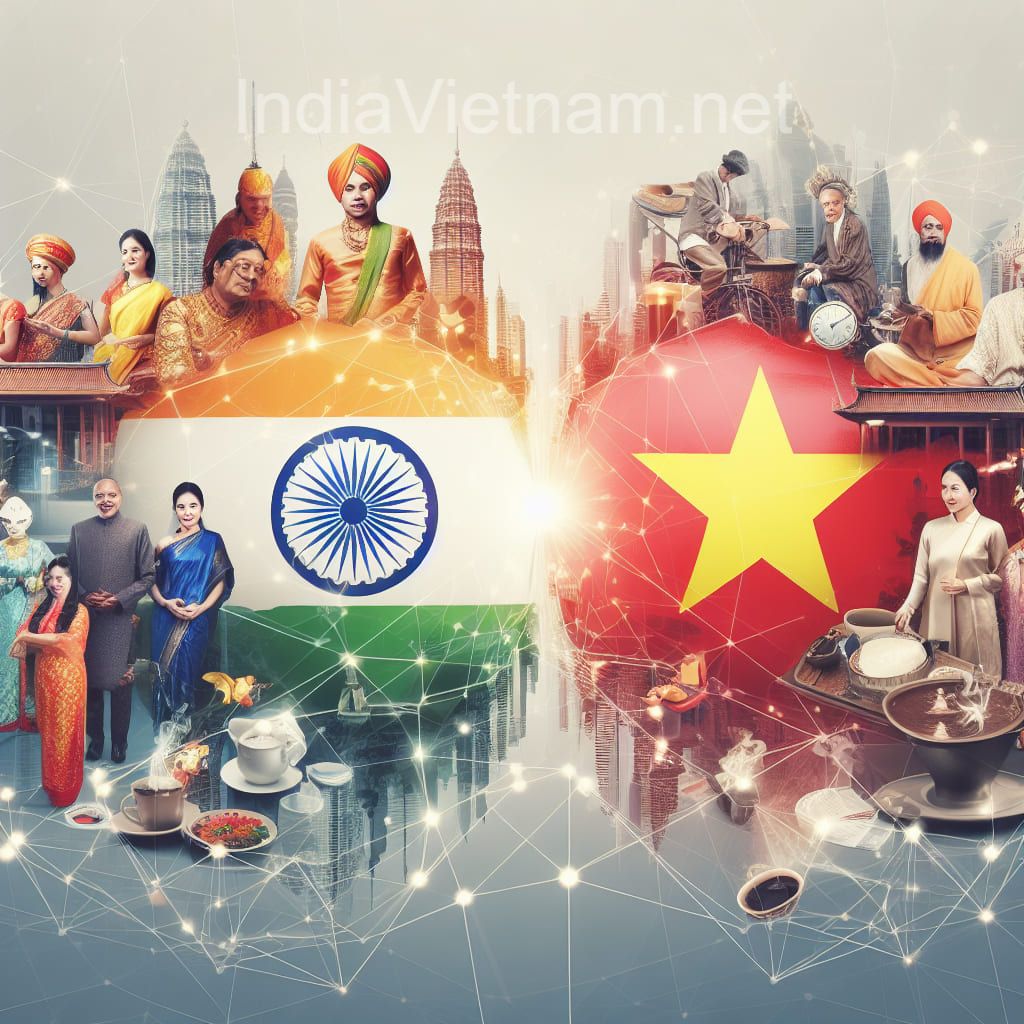The economic ties between India and Vietnam are flourishing, fueled by a shared vision of regional growth and mutual prosperity. However, navigating the legal and regulatory frameworks governing this dynamic trade relationship can be a daunting task for businesses unfamiliar with the intricacies of each nation’s system. Luckily, IndiaVietnam.net is here to equip you with the knowledge and resources you need to navigate this landscape with confidence.

Laying the Groundwork: Trade Agreements and Treaties
A strong foundation for Indo-Vietnamese trade lies in the existing legal frameworks established through various bilateral and multilateral agreements. The cornerstone is the ASEAN India Free Trade Agreement (AIFTA), which grants preferential tariff rates and reduced trade barriers for a wide range of goods and services. Additionally, the Comprehensive and Progressive Agreement for Trans-Pacific Partnership (CPTPP), of which both India and Vietnam are members, further liberalizes trade and offers enhanced legal protection for investments.
Understanding the Legal Systems:
India operates under a common law system based on British colonial statutes and precedents. In contrast, Vietnam’s legal system draws inspiration from both civil law and socialist legal traditions. This difference necessitates familiarization with each country’s specific legal terminology, dispute resolution mechanisms, and regulatory bodies.
Key Regulatory Frameworks:
India:
- Foreign Trade Policy: Regulates all imports and exports, outlining prohibited items, licensing requirements, and duty exemptions.
- Companies Act, 2013: Governs the formation, operation, and winding up of companies in India.
- Competition Act, 2002: Promotes fair competition and prohibits anti-competitive practices.
- Intellectual Property Rights (IPR) laws: Protect patents, trademarks, copyrights, and industrial designs.
Vietnam:
- Enterprise Law, 2020: Provides the legal framework for establishing and operating various types of businesses in Vietnam.
- Foreign Investment Law, 2020: Regulates foreign direct investment in Vietnam, outlining incentives and investment restrictions.
- Customs Law, 2014: Governs customs procedures, import and export duties, and customs clearance processes.
- Intellectual Property Rights (IPR) laws: Protect patents, trademarks, copyrights, and industrial designs.
Seeking Guidance:

Consulting legal professionals with expertise in both Indian and Vietnamese law is crucial to ensure compliance with relevant regulations and minimize legal risks. IndiaVietnam.net can connect you with experienced lawyers and consultants who can provide specialized advice tailored to your specific business needs.
Staying Informed:
Keeping abreast of changes in legal and regulatory frameworks is essential for successful Indo-Vietnamese trade. IndiaVietnam.net serves as a reliable resource, providing timely updates on policy changes, regulatory amendments, and industry insights. Through our website and newsletter, you’ll always be one step ahead in navigating the ever-evolving trade landscape.
Conclusion:
The India-Vietnam trade corridor holds immense potential for businesses in both nations. By understanding the legal and regulatory frameworks, seeking expert guidance, and staying informed, you can tap into this vibrant market with confidence. Remember, IndiaVietnam.net is your trusted partner on this journey, providing the knowledge, resources, and connections you need to navigate the landscape and achieve success in Indo-Vietnamese trade.
So, embark on your adventure with IndiaVietnam.net as your compass and unlock a world of possibilities in this dynamic trade partnership.